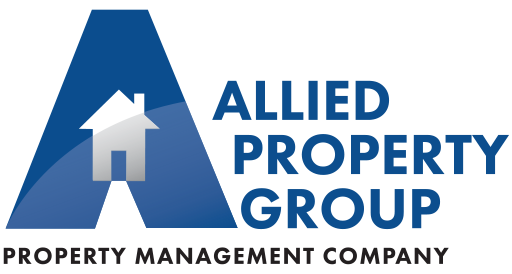By: Ana Sanchez Rivero
Special Assessment! I am sure those two (2) words alone got your attention. It probably even made the hairs on your body stand up. Condominium and homeowner association Boards hate those words, but it is a necessary evil. Especially for associations that do not have reserves in place to cover their major assets, such roof, pool equipment or pool resurfacing, replacement of gates, painting, or resurfacing of the roads. However, if your community has to replace its roof and you do not have the reserve funds available to cover the cost, your association must pass a special assessment.
What happens if you have to replace the roof now and cannot wait until the special assessment is paid in full by all members? Is a loan the right fit for your association? Only you as a Board can determine what is the best solution for your community, but if you decide that getting a loan is the right thing to do then I recommend that you listen to this week’s podcast of Community Association Matters. I sat down with Cesar de la Noval from Executive National Bank to discuss their process for approving loans to associations.
Before I go any further, I highly recommend that you contact your association’s attorney to determine that you (1) have the ability to request a loan on the association’s behalf and (2) whether there are any specific requirements, voting or otherwise, that can significantly hinder the process.
It is important to note that not all banks are the same and not all banks understand community associations. Some conventional banks have requirements that do not apply to condominium or homeowner associations. Before selecting a bank you should ask them what are their requirements for qualifying your association, in addition to their rates and term.
For example, Executive National Bank does not require that the individual Board members sign personal guarantees. This is very important, especially since members of the Board change from year to year. They also do not file a lien on the association’s property, thus allowing owners to freely sell their unit.
The bank will most likely ask for the following documents:
- A completed application;
- List of Board members;
- A roster of owners;
- A list of the units rented;
- Current budget;
- Two most recent year end financial reports;
- Two most recent tax returns;
- Most recent interim financial statements;
- Aged Accounts Receivable Report;
- Complete set of the association’s governing documents;
- Letter from attorney certifying that the association may borrow the funds; and
- Copies of the signed contract and other proposals.
Once they receive these documents, the bank may perform a physical inspection of your community.
There are several factors that are taken into consideration when underwriting a loan. Executive National Bank requires that the delinquency rate be no higher than 10%. They specifically look at units that are more than 60 days delinquent. Some banks look at anything over 30 days. It is important to know where your community stands in this regard. Many banks will not even bother moving on to the next step if the association is unable to qualify for this basic requirement.
Executive National Bank also considers the number of rented units in your condominium or homeowner association. If you have more than 80% of the units rented, they may not approve your loan. They also take into consideration whether one (1) investor owns multiple units and the impact the special assessment or increased payment may have on that one (1) investor.
They would also like for the special assessment not to exceed 50% of the maintenance fee amount. For example, if your maintenance fee is $200 a month, the special assessment monthly installment cannot be greater than $100. The process can take weeks or months; it all depends on how quickly you are able to get the documents to the bank and whether or not a vote of the membership is required. Your association documents may have some other sort of requirement; it is crucial that you get your association attorney involved early on in the process.
Cesar recommends that if you do take out a loan make sure it does not have a prepayment penalty. If an owner is able to pay the special assessment early, you want to make sure that the association is not penalized for that action. Most banks require that the association’s bank accounts are transferred to the bank that provides the loan. This is because they want to establish a relationship with you and for them to have a better picture of your financial situation.
There a lot of factors that you as a board member must take into consideration when considering a loan for your next project. Loans can certainly help cash flow and allow you to resolve a serious problem now rather than later, but they do not come without risk. It is important that you get your association attorney involved early on in the process so that you can prevent potential problems. To listen to the podcast in its entirety click here. Don’t forget to check out our Facebook page for upcoming seminars and events. To get more information on how Executive National Bank can help your community, you may reach Cesar de la Noval at (305) 256-3311 or email him at [email protected].



